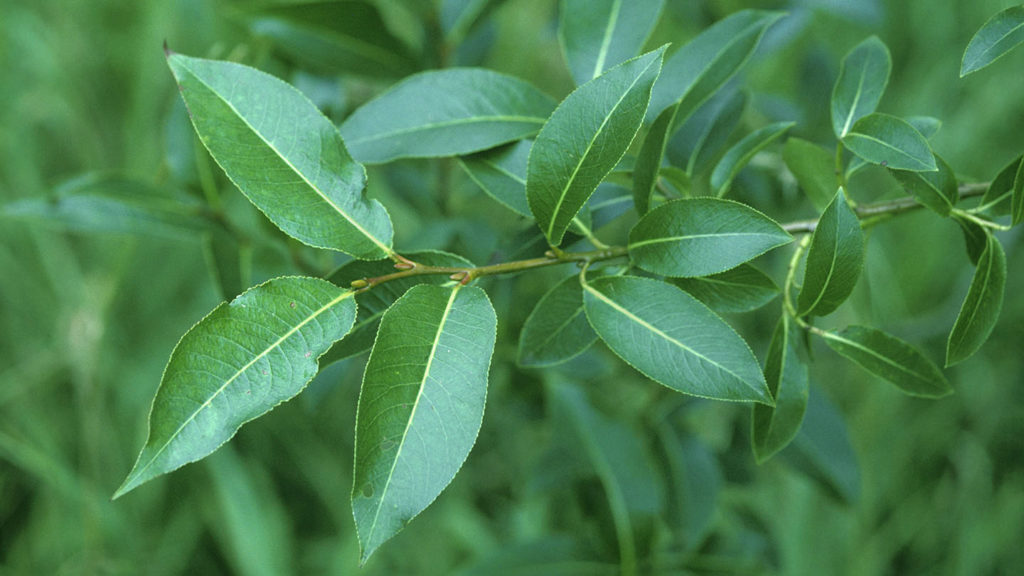Farm trials investigating the potential of willow to reduce livestock methane emissions are to begin in Northern Ireland in the new year.
It’s one of a range of sustainable, natural resources, including seaweed, under investigation by the Institute for Global Food Security (IGFS) at Queen’s University Belfast with the potential to reduce agricultural emissions by as much as 50%.
The projects are now entering the farm-trial stage with researchers expecting results to show drops in methane and ammonia emissions of at least 30%.
Willow study
As part of the latest initiative, IGFS is pioneering the use of willow tree leaves.
Early, in-vitro research carried out at the institute indicated a high reduction in methane emissions – around 50% – when compared with alfalfa.

The study aimed to evaluate the nutritive value of different willow varieties and their potential to reduce emissions due to bioactive compounds (condensed tannins). Willow was compared with alfafa, a forage with no tannins.
One of the clear benefits of willow is that it grows easily in the UK and is already used as a bioenergy crop in Northern Ireland.
The project will take willow leaves and branches (up to 18mm diameter) leftover from this process, and feed to ruminant livestock, sheep in the first instance, to see the effect on emissions.
The next stage is feeding willow silage directly to animals, with farm trials using sheep scheduled to begin in Northern Ireland in early 2022.
Both ammonia and methane emissions will be measured, along with nutrient value, digestibility and rumen microbiome in the indoors trial.
Another aspect of the project will assess the efficacy of willow trees as part of ‘agroforestry’, where trees are grown in pasture areas so animals can graze naturally on the foliage.
Agroforestry has become popular in places like New Zealand as part of a move towards ‘regenerative farming’, but there is a dearth of scientific data. As well as reducing the need for conventional silage, supporters point to other benefits – such as improving soil quality, biodiversity and extending the grazing season.
IGFS lead on the project Dr. Katerina Theodoridou said the four-year, BBRSC-funded research, in which Reading University and the Agri-Food and Biosciences Institute (AFBI) are partners, was the culmination of much laboratory research.
“Willow definitely has great early potential but we need evidence from the farms – very little data currently exists on willow silage.
“Measuring the effect of the bio-active compounds on emissions will give us urgently needed evidence that can be used in a practical way to make agriculture more sustainable,” she said.
